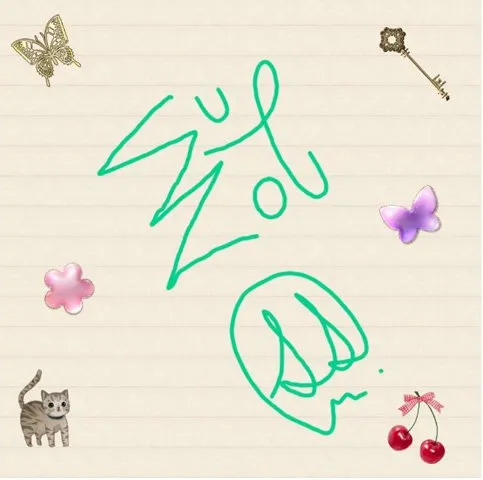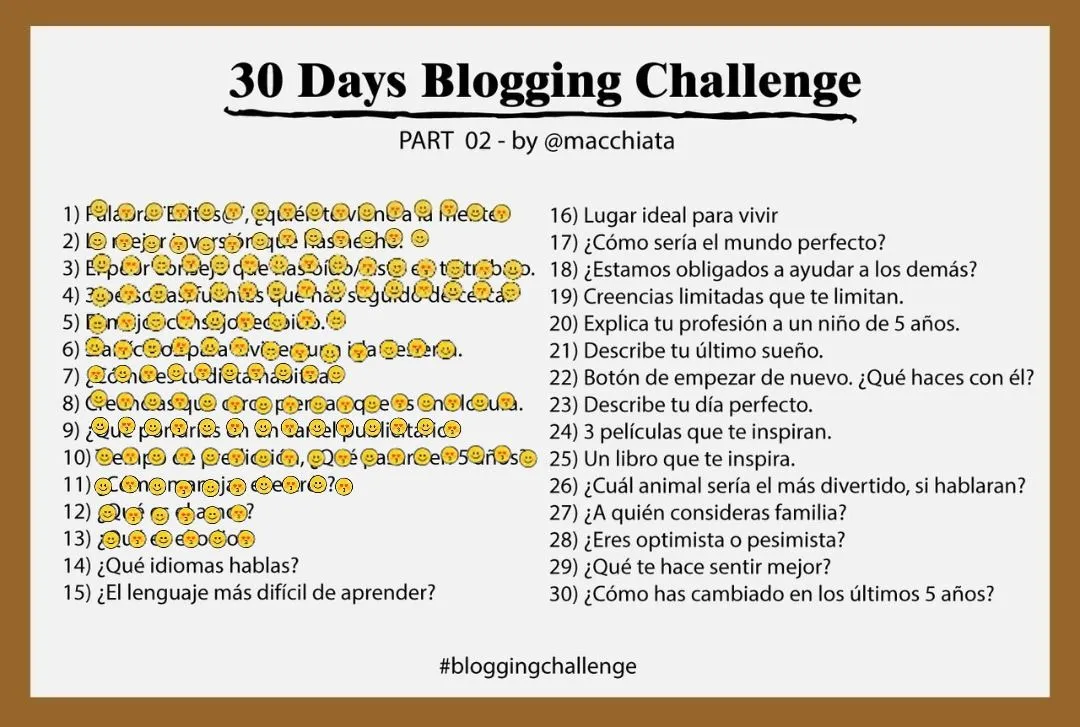¡Hola a todos! Retomando la dinámica del blogging challenge, se supone que tendría que hablarles de los diferentes lenguajes que hablo... si pudiera, porque ni bilingüe soy ja ja así que estuve toda la semana pensando en cómo tratar éste punto sin escribir únicamente una sola línea, así que luego de pensarlo mucho, me di cuenta de que si hablo en mi vida cotidiana otros idiomas aparte del nativo ¿Pero cómo así? Ya les explico...
Hi everyone! Returning to the dynamics of the blogging challenge, it is supposed that I would have to talk to them about the different languages I speak ... if I could, because I'm not bilingual ha ha so I spent the whole week thinking about how to deal with this point without writing only a single line, So after thinking about it a lot, I realized that if I speak other languages in my daily life apart from the native one, but how? I already explain ...
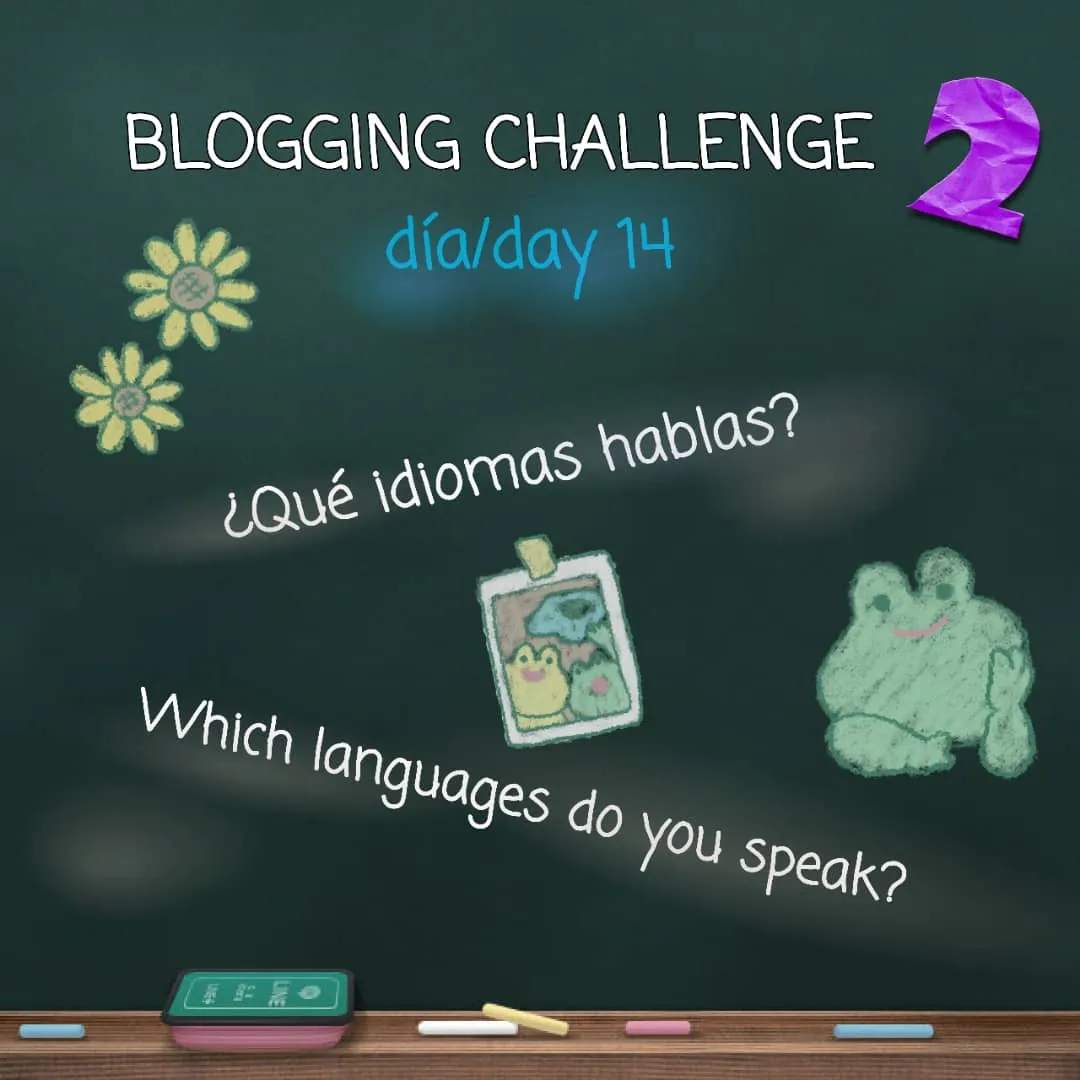
Primero que nada mi idioma nativo es el español, más específicamente, el español de Venezuela o castellano ¿Es diferente a los demás que hablan español? Pues si. Y es que hay muchas palabras que en nuestro país son parte del hablar cotidiano (como en muchos otros), así que puedo desempeñarme adecuadamente en el español coloquial venezolano y sus jergas. Suelo amoldar mi lenguaje dependiendo de la circunstancia y de la persona con la que hable. Puedo hablar en extremo formal, casi en un español neutro, para referirme a personas de autoridad o personas mayores, así como también expresarme en el lenguaje más sencillo o vulgar (más que nada para bromear); aunque por lo general soy muy informal a la hora de utilizar el lenguaje hablado. De hecho, mi repertorio de expresiones está lleno de palabras "mal sonantes" como quién dice (groserías ja ja), aunque gracias a mi hábito de lectura, conozco el significado y utilización de algunas palabras que la mayoría de mis paisanos no conocen. Así que las suelo utilizar exclusivamente a la hora de ir a la narrativa escrita.
First of all my native language is Spanish, more specifically, Venezuelan Spanish or Castilian. Is it different from others who speak Spanish? You are right. And there are many words that in our country are part of everyday speech (as in many others), so I can adequately perform in Venezuelan colloquial Spanish and its slang. I usually mold my language depending on the circumstance and the person with whom I speak. I can speak extremely formally, almost in neutral Spanish, to refer to people of authority or older people, as well as to express myself in the simplest or most vulgar language (mostly to joke); although in general I am very informal when it comes to using spoken language. In fact, my repertoire of expressions is full of "bad-sounding" words like who says (hahaha), although thanks to my reading habit, I know the meaning and use of some words that most of my countrymen do not know. So I usually use them exclusively when going to the written narrative.
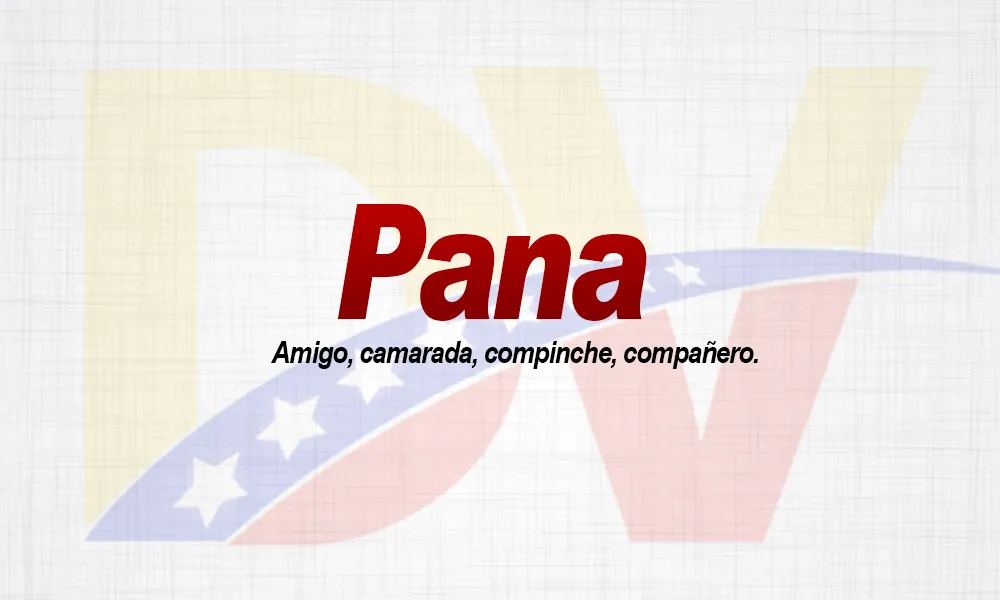
También sé hablar inglés... mentira, sólo lo "machuco" como dicen en mi país, es decir, comprendo algunas palabras pero no sé pronunciarlas bien ja ja de hecho, tengo un nivel básico/medio de inglés, pero sólo para traducciones. Por lo que soy más capaz de interpretar algo escrito en inglés que escuchándolo directamente. Aún así, eso no evita que utilice una que otra palabra inglesa en mi hablar cotidiano, así sea para dármela de interesante o molestar a mi novio con la mala pronunciación de la palabra (él detesta eso ja ja).
I also know how to speak English ... lie, only the "machuco" as they say in my country, that is, I understand some words but I don't know how to pronounce them well ha ha in fact, I have a basic / medium level of English, but only for translations. So I am more capable of interpreting something written in English than listening to it directly. Still, that does not prevent me from using the occasional English word in my everyday speech, whether it be to make it interesting or annoy my boyfriend with the bad pronunciation of the word (he hates that ha ha).
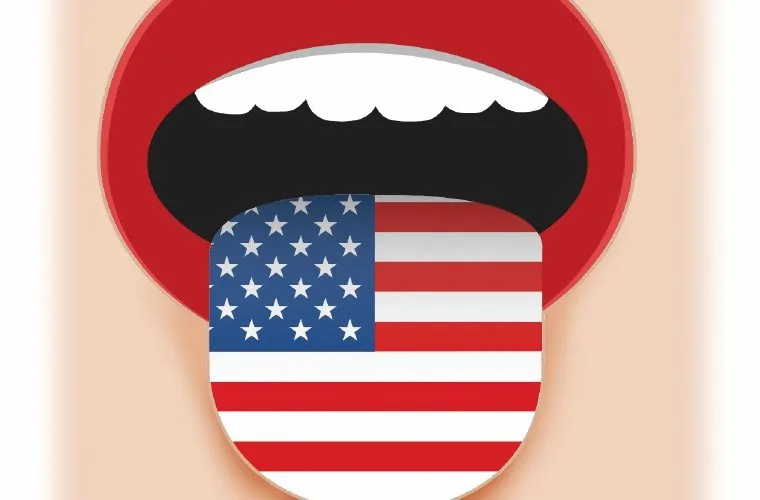
Otro idioma que "machuco" verbalmente es el japonés. Gracias a las series de animación japonesa o anime que prácticamente he visto desde toda mi vida, es natural que sepa o pueda entender una que otra frase. También, como soy muy friki, suelo utilizar estas frases cuando hablo, más que nada con mi circulo de amigos o mi pareja (también otros frikis ja ja). Así que los saludo con un "Konnichi wa" o un "Ohayou", así como siempre que vaya a agradecer, fijo que exclamaré un "Arigato gozaimass". Estoy tan habituada a ello que una parte de mi cerebro me permite escuchar algún diálogo en japonés y por lo menos entender una o dos palabras... (de mil ja ja).
Another language that "machuco" verbally is Japanese. Thanks to the Japanese animation or anime series that I have seen practically all my life, it is natural that I know or can understand one or another phrase. Also, as I am very freaky, I usually use these phrases when I speak, mostly with my circle of friends or my partner (also other geeks ha ha). So I greet them with a "Konnichi wa" or an "Ohayou", as well as whenever I go to say thank you, fixed that I will exclaim an "Arigato gozaimass". I am so used to it that a part of my brain allows me to listen to some dialogue in Japanese and at least understand one or two words ... (out of a thousand ha ha).

En fin, muchas gracias por haber leído mi algo tonta publicación. Espero que les haya parecido interesante 😅
¡Hasta una próxima oportunidad!
Anyway, thank you very much for reading my somewhat silly post. I hope you found it interesting 😅
Until next time!
